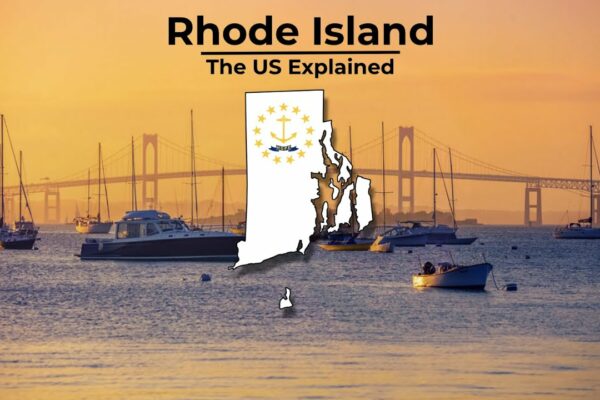
What is a college located in the colony of Rhode Island?
Rhode Island, the smallest state in the United States, is home to many prestigious educational institutions. One notable college located in this colony is Brown University. Founded in 1764, Brown has a rich history and is renowned for its liberal arts education. With its picturesque campus and diverse student body, Brown University offers a unique and intellectually stimulating environment for students seeking a well-rounded education.





